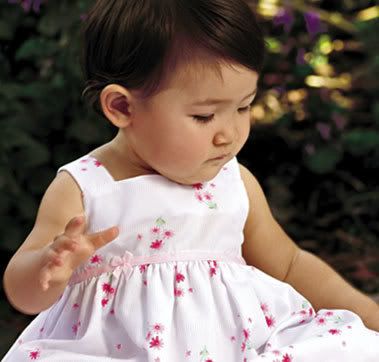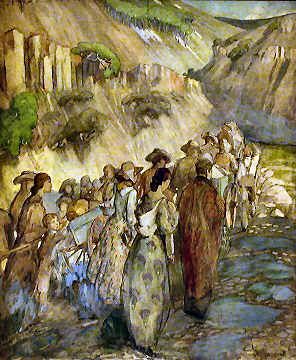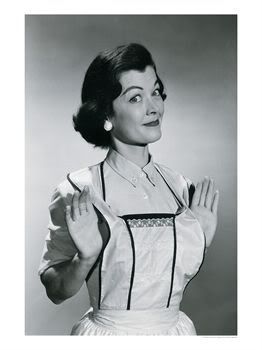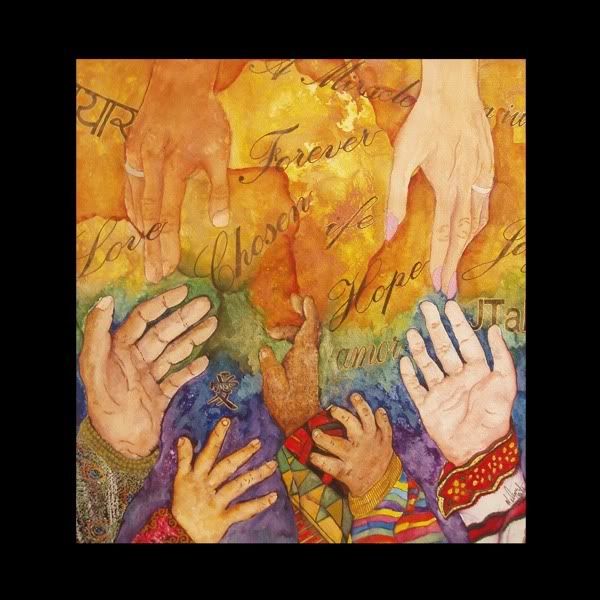The List
This year marks my 12th consecutive year of having daughters in the YW program, and I've become accustomed to having little lists lying around the house enumerating the qualities the girls would like to see in their future spouses. This ritual is a strange one which I think must be peculiar to the Latter-day Saints. I tend to view it as rather pernicious and dangerous. Perhaps its roots lie in good intentions. Indeed girls should be looking for young men to date who are following certain standards. I believe that communication should take place before young people get seriously involved so that a girl who wants 10 children doesn't end up married to a boy who doesn't want any. However, the lists I've taken out of pockets in the laundry tend to include items like "he should have blue eyes," "must be rich and have good taste in ties," or "will already have graduated from med school." Are my daughters simply being facetious in what they are writing on these lists? Or are they really culling from my future family possible brown-eyed son-in-laws?
What is the purpose of such a particular list? Should a girl who considers education important really refrain from dating a good LDS boy because he plans on becoming a mechanic rather than aspiring to a degree in medicine? What happens when she falls in love with a boy who doesn't meet every requirement on her list? Will she always feel in her heart that she lowered her standards to marry this individual? How will this girl react when (as happened in one of our Ward Standards Nights) a bright-eyed newlywed pulls a list out of her journal and gushes that the man she married fulfilled every requirement on her list?
Well, it must be that time of year again, for this week I found two lists written by each of my two teen-aged daughters. This list was a pre-printed one from some apocryphal YW materials entitled "A Future Husband" and which included several categories of inspection. The YW leader, in a burst of creativity, had the girls cross out the word "husband" and write in "wife." Apparently they were to decide what qualities they were to develop which would make them a worthy wife to the man they would someday marry. This seemed an improvement upon the standard, but upon perusal, I still became disturbed.
Following are the results of each list:
| (14-year-old daughter) A FUTURE Career Objective Spiritual Preparation Education Special Skills Talents/Hobbies/Interests Physical Traits | (16-year-old daughter) A FUTURE Career Objective Spiritual Preparation Education Special Skills Talents/Hobbies/Interests Physical Traits |
This was all quite a surprise to me. First of all--my readers will know that BiV has never taught her children that a career is "something to fall back on." Why did both of my daughters use these same words? Is this something our YW are being taught in Church? Should women look upon a career as simply "something to fall back on?" Does my intelligent 14-year-old have a passion for law? Does her question mark indicate an awareness of its unsuitability as a backup career, or is she unsure if this choice of career will fit in with the Latter-day wife expectation?
And my amazing, multi-talented 16-year-old wrote nothing down in the space provided for talents/hobbies/interests. Did she just get bored with the activity, or doesn't she think her talents or interests would be useful in her future role as wife?
I'm especially interested to know if any of these responses would have changed if the purpose of the list had been to describe "MY FUTURE ASPIRATIONS" instead of "A FUTURE WIFE??"
Labels: marriage, Mormon culture, my family, women's issues































